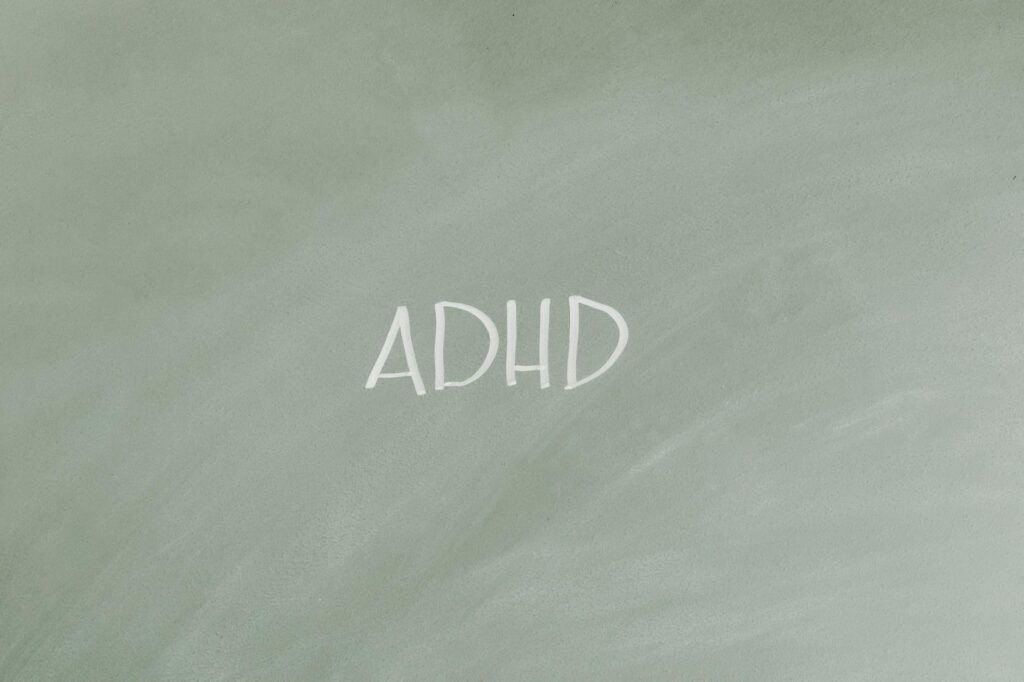What is parenting adhd strategies?

What is parenting ADHD strategies?
Parenting a child with Attention Deficit Hyperactivity Disorder (ADHD) can feel like navigating a maze. Each turn presents its own set of challenges, but understanding ADHD and developing effective strategies can make the journey smoother. This article explores practical approaches for parents, enabling them to provide the support their children need to thrive.
Understanding ADHD in Children
ADHD is a neurodevelopmental disorder that affects how children think, learn, and interact with others. Children with ADHD often display distinct patterns of behavior that can be challenging for both them and their families.
Symptoms of ADHD
Children with ADHD typically exhibit three main symptoms: inattention, hyperactivity, and impulsivity.
- Inattention: They may struggle to focus, forget tasks, or become easily distracted. This can affect their academic performance and daily activities.
- Hyperactivity: Many children with ADHD display excessive movement or an inability to sit still, often leading to disruptions in class or at home.
- Impulsivity: This symptom can manifest as interrupting others, difficulty waiting for their turn, or making hasty decisions without considering the consequences.
These behaviors can create a dynamic that is challenging for parents and siblings alike, leading to frustration and misunderstandings.
The Impact of ADHD on Family Dynamics
ADHD can significantly affect family relationships. Parents may feel overwhelmed and frustrated, while siblings might feel neglected or burdened by the additional demands of their ADHD sibling. This can lead to tension and conflict within the home. Understanding these dynamics is crucial for fostering a supportive environment.
Effective Parenting Strategies for ADHD
Implementing practical strategies can help parents manage ADHD symptoms effectively. Here are some key approaches:
Establishing Routines and Structure
Children with ADHD thrive on routine. Establishing consistent daily schedules for meals, homework, and bedtime can create a sense of security. Routines help reduce anxiety and improve focus. For example, setting a specific time for homework each day can make it easier for children to transition into study mode.

Photo by Tara Winstead
Positive Reinforcement Techniques
Positive reinforcement is a powerful tool in parenting ADHD strategies. Praising your child for following rules or completing tasks can significantly boost their self-esteem and motivate them to continue positive behaviors. Instead of just using tangible rewards, consider verbal praise or extra playtime as incentives.
Setting Clear Expectations and Limits
Clear communication about rules and boundaries is vital. Children with ADHD often benefit from visual reminders and simple, straightforward instructions. It’s essential to be consistent with expectations while also being flexible enough to adjust boundaries as needed.
Communication Strategies with ADHD Children
Effective communication can bridge the gap between parents and children with ADHD.
Using Visual Aids
Visual aids, such as charts and checklists, can help children stay focused on tasks. For instance, a morning routine chart that outlines steps from brushing teeth to packing their backpack can provide a visual reference, making it easier for them to follow through.
Active Listening Techniques
Listening to your child’s concerns and feelings can foster a supportive relationship. By validating their emotions and demonstrating understanding, you can build trust and encourage open communication. This approach can lead to more cooperative behavior from your child.
Seeking Support and Resources
Navigating ADHD can feel overwhelming at times. Seeking additional support can make a significant difference.
Professional Help and Therapy Options
Professional therapy can offer valuable strategies tailored to your child’s needs. Cognitive Behavioral Therapy (CBT) is particularly effective for children with ADHD, helping them develop coping strategies and improve impulse control. For more information on treatment options, visit Understanding ADHD for guidance.
Support Groups and Community Resources
Connecting with other parents facing similar challenges can provide emotional support and practical advice. Local support groups, online forums, and community resources can be excellent avenues for sharing experiences and strategies. Websites like HelpGuide offer valuable insights into parenting a child with ADHD.
Conclusion
Parenting ADHD strategies require patience, understanding, and creativity. By establishing routines, using positive reinforcement, and employing effective communication techniques, you can create a nurturing environment that supports your child’s development. Remember, seeking support and additional resources can also provide significant benefits. Embrace these strategies, and together, you and your child can navigate the challenges of ADHD more effectively.